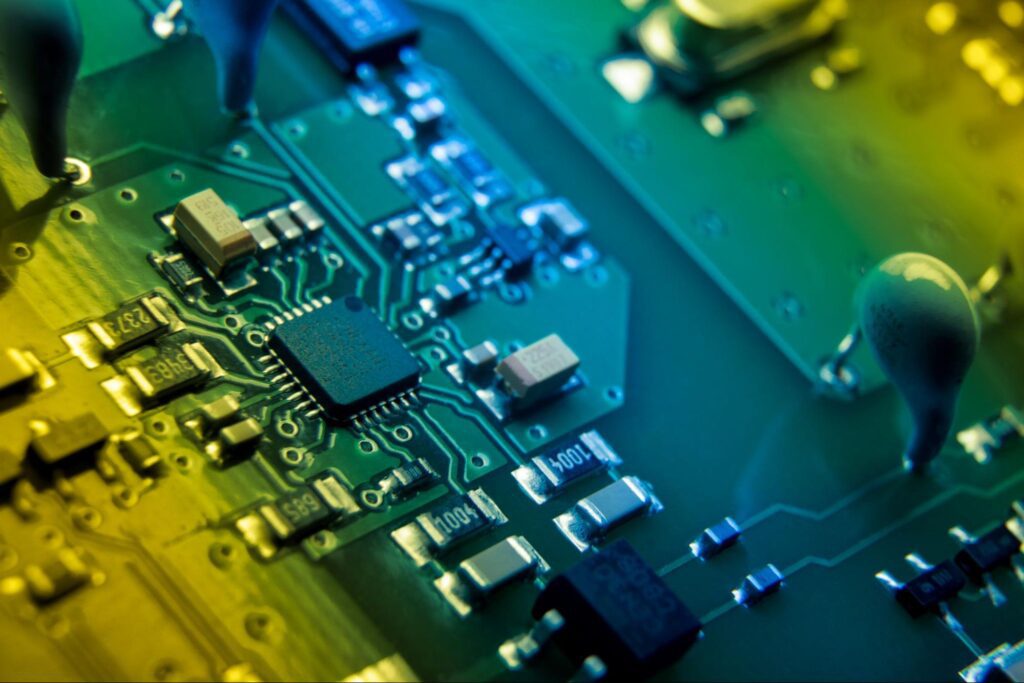Greetings, technology enthusiasts! If you harbor aspirations of embarking on a rewarding career in electronics and hardware, you’ve landed on the ideal platform. From troubleshooting devices to innovating cutting-edge technology, an exciting future in the tech realm awaits you. This article serves as your comprehensive guide to the education and training avenues pivotal for realizing your aspirations in the tech industry.
Education:
1. Emphasis on Math and Science
Initiate your journey by excelling in mathematics and science during high school, with particular focus on physics. This foundation will prove invaluable in your future endeavors.
Introduction to Coding: Familiarize yourself with computer programming, notably languages such as Python, which functions as a key asset in the tech community.
2. Commence with an Associate’s Degree
Electronics Technology: Enroll in an associate’s degree program in electronics technology. This hands-on curriculum encompasses instruction on circuits, digital components, and microcontrollers—a perfect fit for those aspiring to troubleshoot and maintain electronic systems.
3. Bachelor’s Degree Options:
Electrical Engineering: Pursue a bachelor’s degree in electrical engineering for those aspiring to design electronics and intricate systems. This program delves into circuits, electromagnetic fields, and digital technology.
Computer Engineering: Opt for computer engineering if your interest lies in designing computer hardware and systems—a harmonious blend of technology and computing.
Computer Science: While not exclusively focused on hardware, a degree in computer science equips you with programming and software skills crucial for hardware development.
4. Certifications:
CompTIA A+: This certification serves as a gateway to IT and hardware support, fostering expertise in troubleshooting both hardware and software.
Cisco Certified Network Associate (CCNA): Tailored for hardware enthusiasts keen on networking, CCNA provides hands-on experience with routers and switches.
Certified Electronics Technician (CET): Designed for electronics enthusiasts, this certification validates skills in electronics and soldering.
5. Advanced Degrees:
Master’s in Electrical Engineering: For those envisioning leadership roles, a master’s degree in electrical engineering is the logical progression.
Ph.D. in Electrical Engineering: Aspiring professors or hardcore researchers should consider pursuing a Ph.D., offering a gateway to advanced academia.
Online Learning and MOOCs:
Explore online platforms such as Coursera, edX, and Udacity, offering a plethora of courses in electronics and hardware. These platforms facilitate self-paced learning, allowing flexibility while saving costs.
Practical Experience:
Real-world exposure is invaluable. Seek internships with tech companies or electronics design firms to gain hands-on experience and foster professional connections.
The dynamic world of electronics and hardware presents a multitude of opportunities. Your chosen path hinges on your interests and aspirations, whether centered on designing groundbreaking technology, resolving technical issues, or venturing into other tech-related endeavors. The right education and training constitute your roadmap to a fulfilling career in electronics and hardware. Brace yourself for a future teeming with gadgets, gizmos, and boundless technological adventures!



